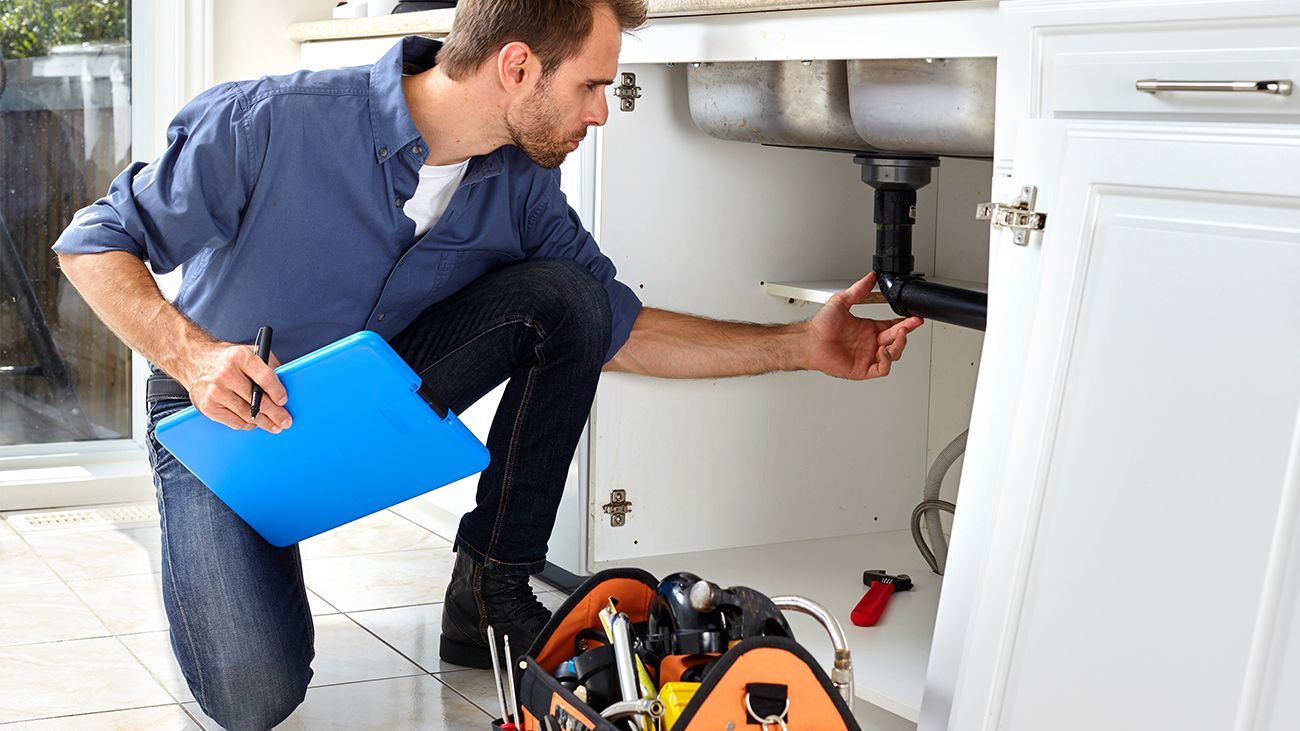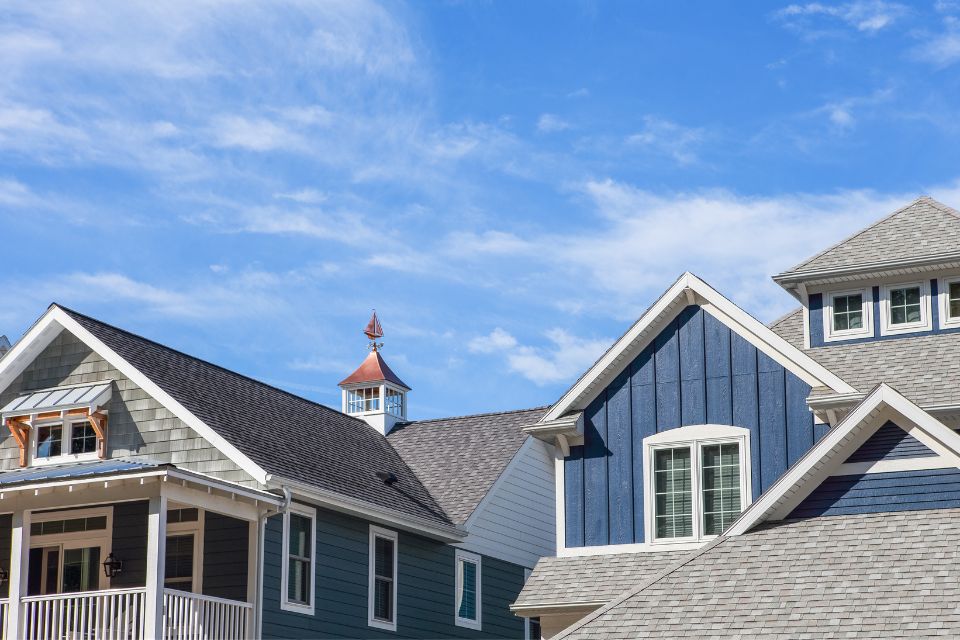 Buying a home is one of the most exciting, yet nerve-wracking steps in life. You want to make sure everything is in order before signing on the dotted line. A home inspection gives you an up-close look at what you’re actually buying, offering a full picture of the property’s condition. This guide walks you through the key items on the inspection checklist and helps you understand what to expect, so you can approach the inspection process with confidence.
Buying a home is one of the most exciting, yet nerve-wracking steps in life. You want to make sure everything is in order before signing on the dotted line. A home inspection gives you an up-close look at what you’re actually buying, offering a full picture of the property’s condition. This guide walks you through the key items on the inspection checklist and helps you understand what to expect, so you can approach the inspection process with confidence.
1. Exterior Inspection Checklist
The outside of a home isn’t just about curb appeal—it’s the first line of defense against the elements. A quality inspection will cover key elements of the exterior to ensure the structure is sound and safe.
- Roof: Inspectors look for missing shingles, leaks, or any signs of wear and tear. A roof in poor condition could mean costly repairs.
- Foundation: Cracks, settling, and drainage issues around the foundation can lead to serious structural problems. Any significant cracks should be noted.
- Siding and Paint: The home’s siding and exterior paint protect it from weather damage. Issues like rot, peeling, or warping are flagged.
- Windows and Doors: Inspectors check for proper sealing, cracks, and functioning locks, as drafts or leaks can lead to high utility bills.
- Landscaping and Drainage: Poor grading or overgrown landscaping can cause water to pool near the foundation, potentially leading to water intrusion.
Home Inspection Videos
2. Interior Inspection Checklist
The interior of the home is where comfort meets function. An inspection ensures the home is safe, habitable, and meets quality standards.
- Plumbing: Inspectors check for leaks, water pressure, and drainage. They’ll inspect visible pipes, faucets, toilets, and water heaters for rust, corrosion, or outdated materials.
- Electrical Systems: From outlets and switches to the main panel, inspectors assess the electrical system for safety and functionality. Old or faulty wiring can be a fire hazard.
- HVAC (Heating, Ventilation, and Air Conditioning): A properly functioning HVAC system is essential for comfort. Inspectors ensure the system heats and cools effectively and look for signs of rust, strange noises, or poor airflow.
- Appliances: While not always included, many inspectors will check appliances like ovens, dishwashers, and garbage disposals to confirm they’re in working order.
- Attic and Insulation: Proper insulation helps with energy efficiency, and inspectors will check for adequate insulation, ventilation, and any signs of pests or moisture.

3. Safety Inspections
Safety is always a priority. Inspectors will focus on key areas to ensure that the home doesn’t have any immediate safety hazards that could impact your health or security.
- Fire Hazards: This includes checking the wiring, ensuring smoke detectors are operational, and verifying that carbon monoxide detectors are present.
- Structural Stability: Inspectors will check for any signs of shifting or structural instability, especially around support beams and load-bearing walls.
- Radon and Mold Testing: While not always standard, it’s a good idea to request radon and mold testing to rule out unseen risks to indoor air quality.
- Stairways and Railings: For multi-level homes, inspectors assess stairways and railings for stability, ensuring they meet safety codes and standards.
More Inspection Tips
4. Common Red Flags and What They Mean
Certain issues in a home inspection report may warrant additional attention, as they can have a significant impact on your decision to buy.
- Water Damage: Signs of water damage can indicate a leaky roof, faulty plumbing, or poor drainage, all of which can be costly to fix.
- Pest Infestations: Evidence of termites, rodents, or other pests could point to structural damage or hygiene issues.
- Outdated Systems: Homes with old plumbing or electrical systems may require updates to meet current safety standards and prevent future repairs.
- Cracked Foundation: Minor cracks are common, but larger, spreading cracks can be a red flag for serious structural issues.
- Mold or Mildew: A sign of moisture intrusion, mold can pose health risks and require professional remediation.
Search for Lakeland, Fl Homes
Frequently Asked Questions
Here are some common questions from homebuyers about inspections.
Q: What happens if the inspector finds something wrong?
A: Most issues found during an inspection are negotiable. You can request repairs, ask for a reduction in the price, or request seller credits to cover the costs.
Q: Can I attend the inspection?
A: Absolutely! It’s highly recommended to be present during the inspection so you can ask questions and better understand the property’s condition.
Q: How long does a home inspection take?
A: Depending on the size and condition of the home, inspections usually take 2-4 hours.
Q: What isn’t included in a standard inspection?
A: Certain items, like pools, septic systems, and radon testing, are typically excluded from a standard inspection but can be added upon request.
Q: Should I still get an inspection if the home looks fine?
A: Yes! Many issues aren’t visible to the untrained eye. A professional inspection can reveal hidden issues that could save you from costly repairs later.
If you’re in the process of buying a home, reach out to us to schedule a thorough home inspection. With over 31 years of experience, our team is here to provide peace of mind as you make this important investment.
CLICK HERE
![]()



.png)
